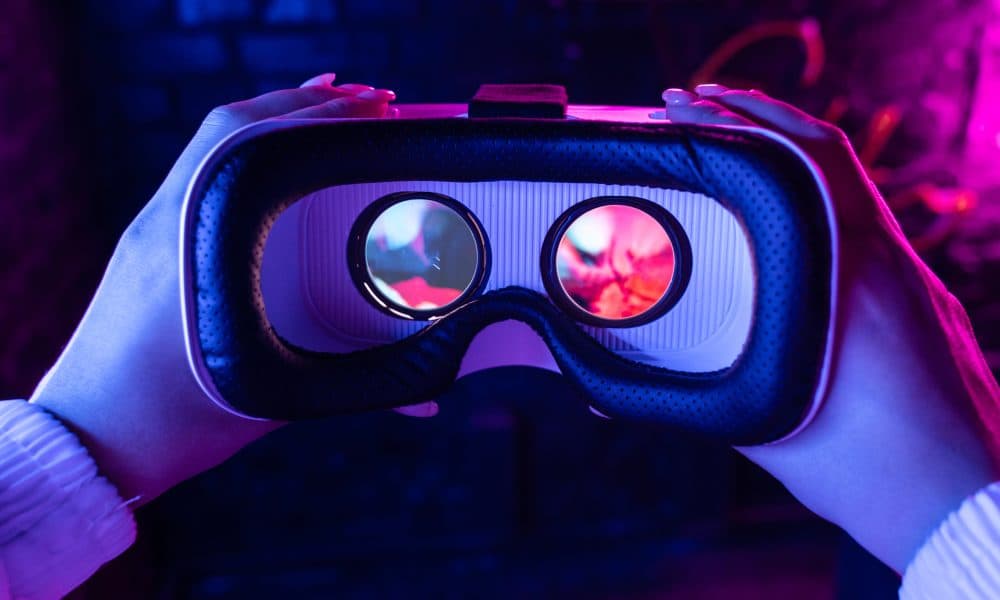
A London-based non-profit has launched a new virtual reality (VR) project aimed at preparing homeless people for independent living.
Apax, which supports more than 140 people across the capital, is utilising the Meta Quest 2 VR headset alongside the TRIPP meditation app to improve residents’ mental health recovery – and boost their digital skills along the way.
The social enterprise worked with solutions integrator Insight on delivering the project, which is already improving residents’ skills and wellbeing.
Israa Qaddourah, Project Manager at Apax, said: “The vast majority of our residents have the potential to live independently one day.
“Our job is to provide the services that ensure they can confidently complete that journey.
“Our new VR Wellness programme has delivered incredible results that have improved mental health and provided the confidence that people need for a more fulfilling life.”
According to homelessness charity Crisis, 45 per cent of people experiencing homelessness have been diagnosed with a mental health problem, rising to 80 per cent for rough sleepers.
This is compared to around 25 per cent in the rest of the UK population.
Homeless people with mental health issues can also struggle with everyday life skills, which can make it difficult for them to live independently.
This has led Apax to look for new ways to support vulnerable people, such as by harnessing new technologies like VR.
Apax partnered with Insight to find the right technology for the project and work out how best to use it to support residents.
Insight recommended combining the Meta Quest 2 VR headset and AI-powered meditation app, TRIPP.
Davi De Andrade, Services Development Executive at Insight UK, told Health Tech World: “We discussed with Apax their main challenges and goals and identified wellness as a key area where VR could have a positive effect.
“TRIPP offers experiences that aim to boost and improve the user’s mood.
“For example, someone who is anxious might dive into one of TRIPP’s immersive experiences and end up feeling relaxed at the end.
“There are also a number of success stories available globally, as well as a vast library of content.”
There are now plans underway to further deploy the techology for staff training and to enhance clients’ life skills and digital dexterity.
VR and mental health
Psychologists began using VR to treat phobias as far back as the 1990s, by combining the emerging technology with prolonged exposure therapy.
Researchers and clinicians are now using the same principles to address a wide range of mental health challenges, with the technology enabling people to tackle difficult situations, virtually.
In 2023, the National Institute for Health and Care Excellence (NICE) approved the gameChange VR automated therapy for treating severe agoraphobia in patients with psychosis.
The technology was developed in collaboration with people with lived experience of the condition, which leaves many people unable to leave their homes.
Some quotes have been edited for clarity





